Media release , 05.12.2022
MegaMarieplus: strengthening family centres across the country for the benefit of children and their parents
The Human Safety Net Switzerland foundation is supporting the national MegaMarieplus programme to empower family centres. Sixty family centres throughout Switzerland will take part in the programme over the next three years, enabling more parents and their children under six years of age in fragile family situations to access high-quality services and a stimulating environment. The programme is jointly overseen by the Marie Meierhofer Institut für das Kind and the Netzwerk Bildung und Familie.
| Titel | File | Size | |
|---|---|---|---|
| Media release, 05.12.2022 | 0,8 Mb |
|
The foundations of a person’s educational path and their health are laid during the first six years of life. In Switzerland, early childhood education, care and development are largely private matters. At present, there are major differences between individual municipalities in terms of the quality and accessibility of services for families with children up to six years old. Children in fragile family situations suffer from this in particular, often living in social isolation and unable to acquire primary experiences. According to figures from Caritas Switzerland, around 133,000 children are affected by poverty, with a further 317,000 living on the poverty line. As a result, children are already on an unequal footing when they start pre-school.
I’ll tell you a story to help you get to sleep’: what parents want for their children
The Human Safety Net Switzerland, Generali Switzerland’s foundation, has carried out a survey on “being a parent”, with 474 people taking part. Here are the findings:
- Parents want more social spaces for their children
42% want places where their children can unleash their creativity.
39% think that there are not enough places where their children can engage in guided play.
- Parents believe that acquiring language skills is particularly important for children up to the age of four
35% of respondents ascribe the highest significance to “Discovering and practising language”.
26% see acquiring social skills as crucial. 14% believe that encouraging movement is most important.
There are significant differences in the activities reported, depending on the parents’ level of education. Parents with a higher level of education read to their children and sing with them substantially more often, or create significantly more opportunities for movement. The survey also reveals that around one-third of parents feel isolated, with parents of children under the age of six more frequently affected by isolation than those with older children.
MegaMarieplus: launching a national programme to support the wellbeing of children and their parents
If children are to develop positively and get an equal start in life, the need loving care, affectionate support and places to play and unleash their creativity, while parents appreciate the opportunity for dialogue and advice on day-to-day topics. This is precisely what family centres can offer – and where the MegaMarieplus programme will be coming into play over the next three years. Supported by The Human Safety Net, the Marie Meierhofer Institut für das Kind has partnered with the Netzwerk Bildung und Familie to develop a practical programme that is based on scientific findings and is designed to empower family centres. The aim is for 60 family centres to take part in the programme by 2025. Around 24,000 parents and children under the age of six in fragile family situations will benefit from the services. Alongside this, it is hoped that at least 25 municipalities will also start supporting the family centres or will intensify the support they already provide. Heidi Simoni, Director of the Marie Meierhofer Institut für das Kind, says, “We want this innovative programme to give more children and parents access to a stimulating environment. The particular focus here is on vulnerable and isolated families with young children. If children can be given attentive support when discovering creativity, movement, play and language alongside others, this opens up hugely important learning opportunities for them.”
The programme is based on three important levers:
- Knowledge transfer: family centres are given the ability to develop impactful services for children and families or to take over well-established services. As part of this process, the focus is on training and supporting experts and volunteers at the centres
- Empowerment: family centres receive support with reinforcing their structures and developing further. Their networks are expanded so that they can learn from each other.
- Collaboration: municipalities are advised on how they can support family centres for their citizens. This starts by demonstrating why family centres are so valuable, which, in turn, lays the groundwork for greater involvement on the part of municipalities and the public sector.
The programme builds on the expertise of the Marie Meierhofer Institut für das Kind and the Netzwerk Bildung und Familie, which currently encompasses around 155 family centres. It is implemented courtesy of a broad alliance of partners. To date, the following organisations have agreed to collaborate: a:primo, Associazione Progetto Genitori, Fadenspule, Child Friendly Cities (UNICEF), KKJ, LAPURLA, LISS, Primokiz (Radix) and SIKJM. The implementation of the programme is to be documented on an ongoing basis and its impact evaluated by an external body. This enables new findings to be gleaned and adjustments to be made swiftly if required.
The Human Safety Net stands up for families
The Generali Insurance Group is using The Human Safety Net movement to stand up for vulnerable children and their parents around the world. The international Scale Up Impact initiative provides financial and nonfinancial support to programmes with a large social impact, enabling them to enhance and reinforce their impact nationally. As Alan Barbieri, Head of Programmes at The Human Safety Net Global Foundation, states: “All children should have access to high-quality education and development in early childhood. In the future, more children growing up in fragile family situations across Switzerland will be able to benefit from the scientifically founded yet practical approach of MegaMarieplus.” The Human Safety Net Switzerland foundation is contributing to the success of MegaMarieplus in three areas. Alexandra Waldmeier, Chair of the Swiss foundation, explains: “Alongside providing financial support for the programme, we will be getting even more Generali Switzerland employees involved: they’ll be supporting families in their regions on a voluntary basis. In addition, as a foundation, we want to make people across Switzerland more aware of early childhood development and spark discussions on this topic.”
ABOUT THE HUMAN SAFETY NET SWITZERLAND
The Human Safety Net Switzerland supports vulnerable children under the age of six and their parents and assists people with a migrant or refugee background to set up their own companies. The foundation collaborates with its partners, the Marie Meierhofer Institut für das Kind and Capacity Zurich, in this respect. It was established by Generali Switzerland in 2019 and serves as the bedrock of Generali’s social engagement within Switzerland. www.generali.ch/thsn
ABOUT THE HUMAN SAFETY NET GLOBAL
The foundations of a person’s educational path and their health are laid during the first six years of life. In Switzerland, early childhood education, care and development are largely private matters. At present, there are major differences between individual municipalities in terms of the quality and accessibility of services for families with children up to six years old. Children in fragile family situations suffer from this in particular, often living in social isolation and unable to acquire primary experiences. According to figures from Caritas Switzerland, around 133,000 children are affected by poverty, with a further 317,000 living on the poverty line. As a result, children are already on an unequal footing when they start pre-school.
www.thehumansafetynet.org
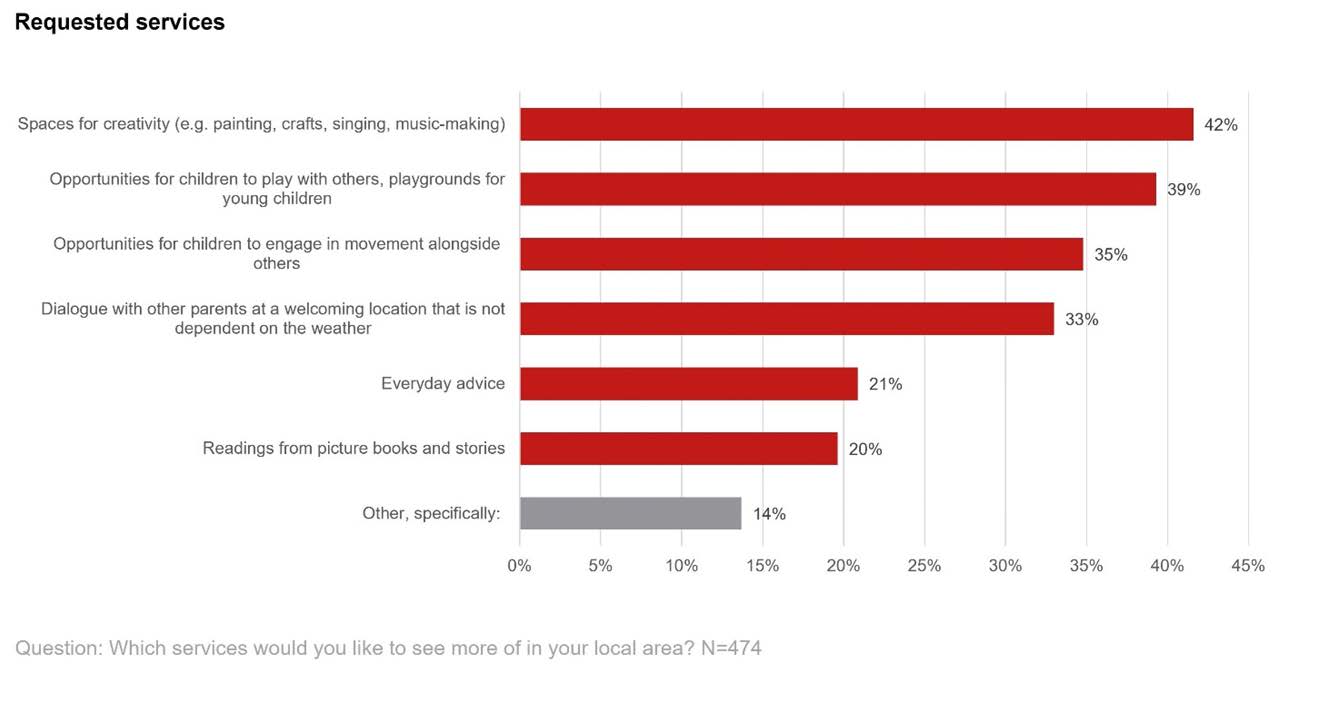
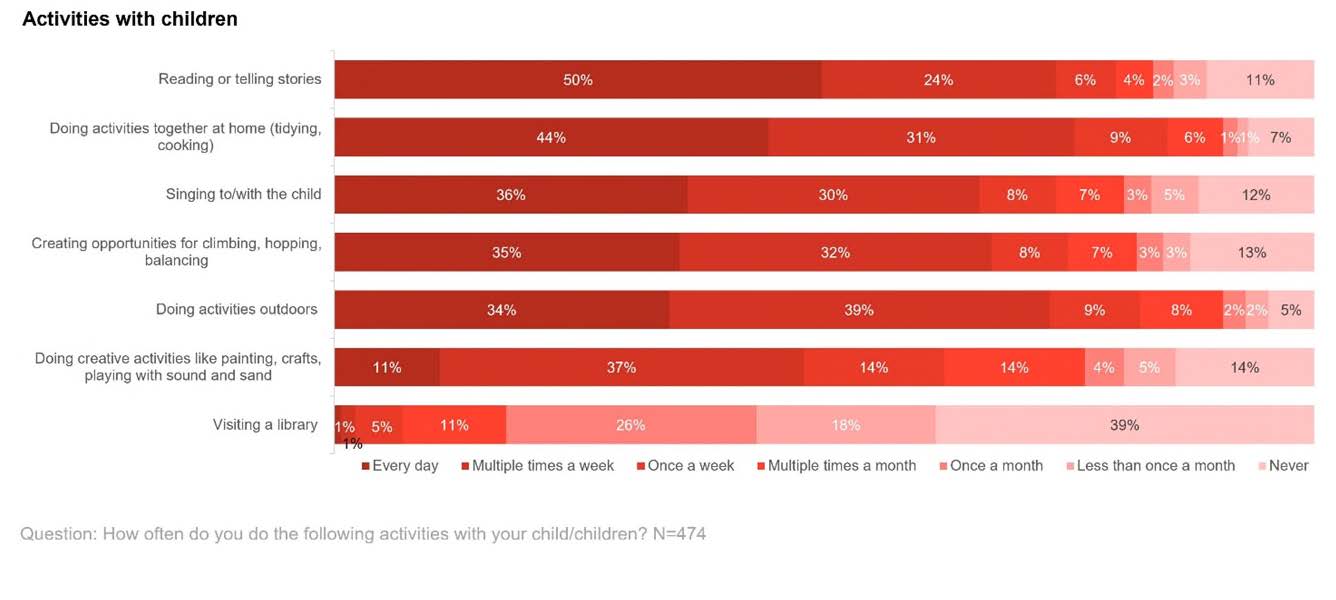
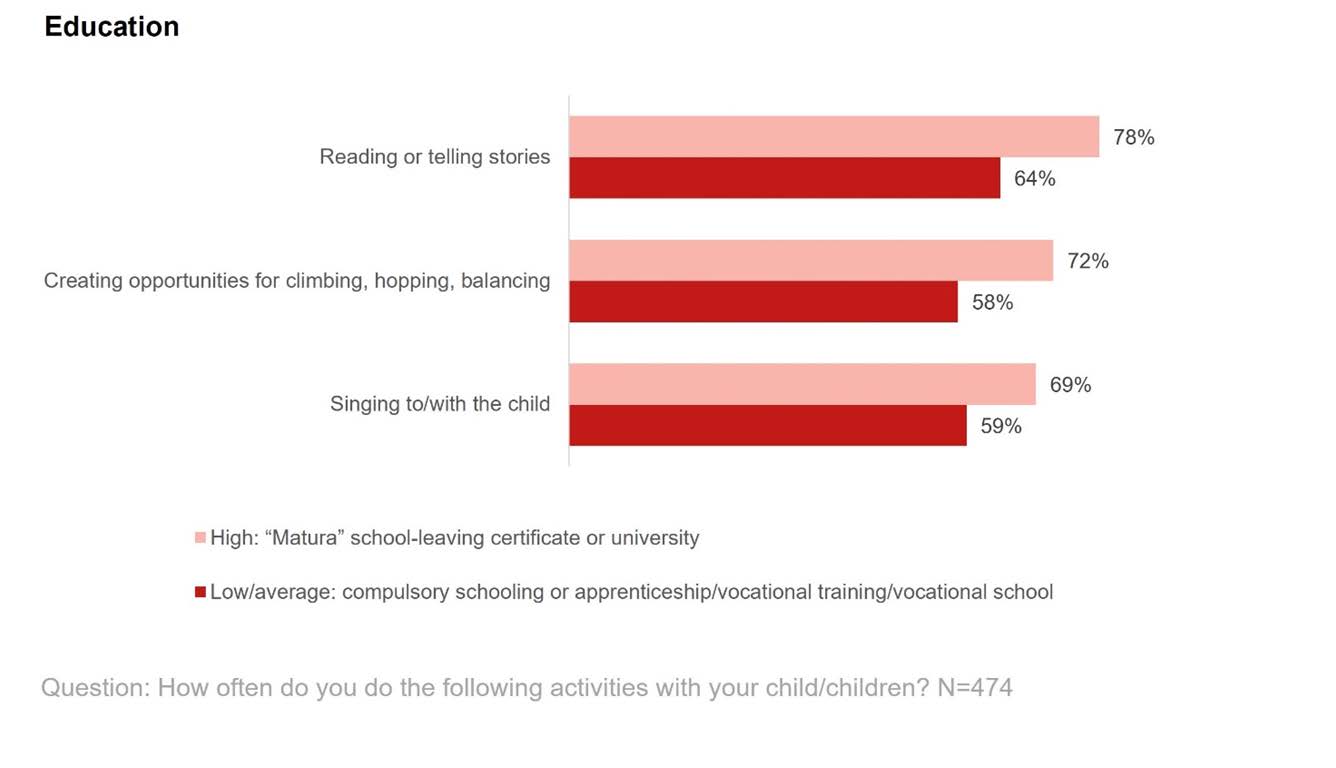
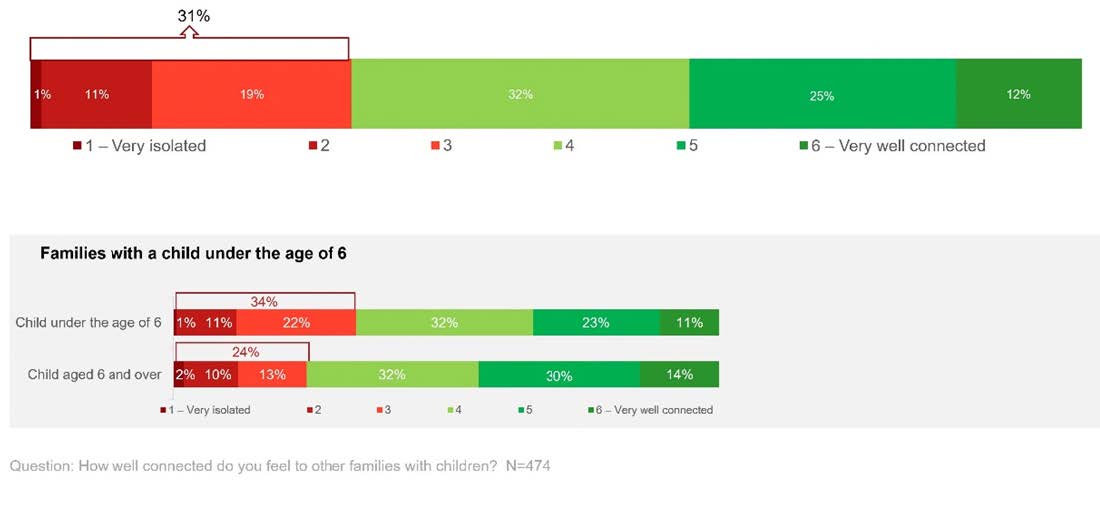
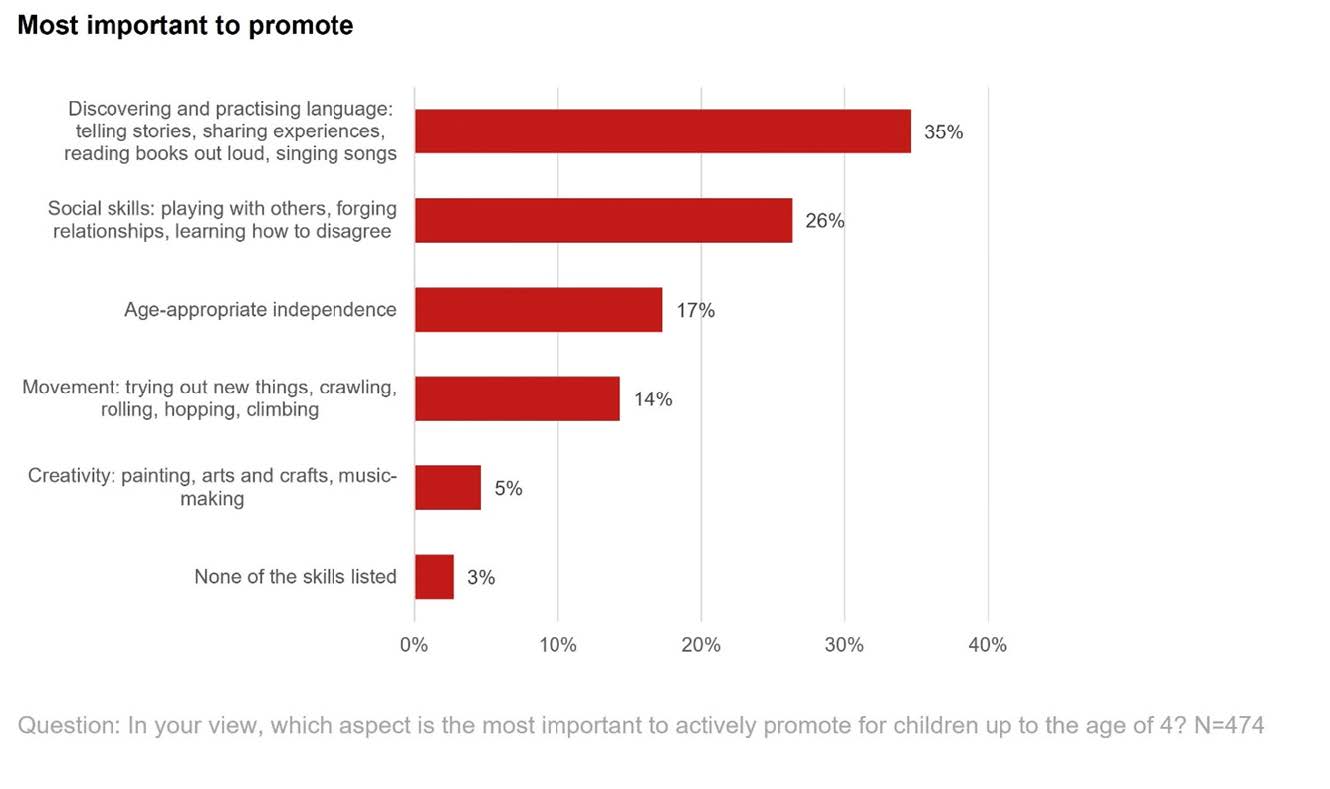
Contact us
We will be happy to respond to your media inquiries.

 Contact
Contact
 Find an agency
Find an agency









 Close
Close

